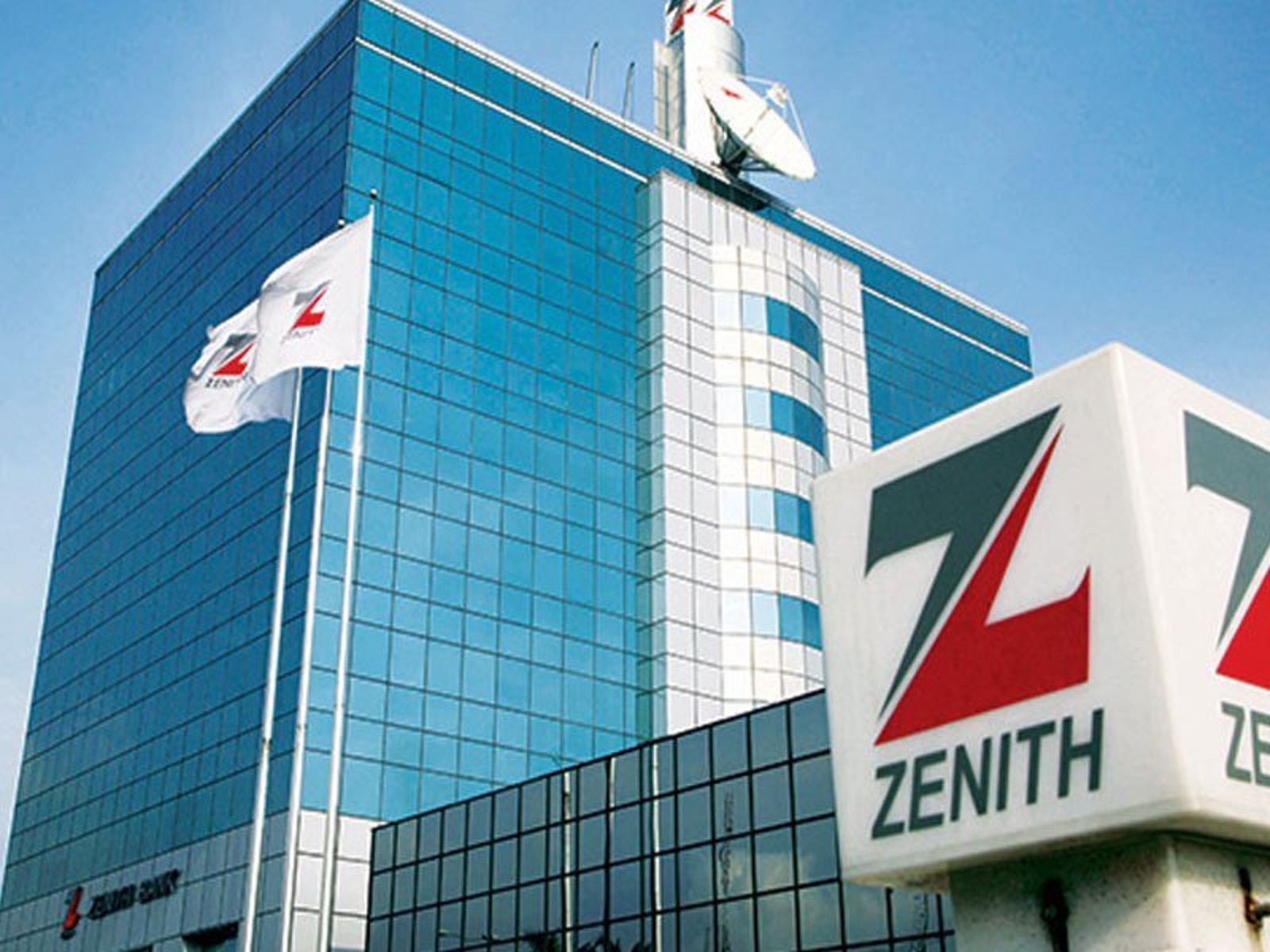Zenith Bank has increased Staff Salaries across the board t cushion the effects of fuel subsidy removal.
Newsonline Nigeria reports that Zenith Bank, one of Nigeria’s largest financial institutions, has implemented a company-wide salary increment for all its staff.
The decision comes in response to the prevailing economic challenges brought about by the removal of fuel subsidies.
Reliable sources within the bank informed Newsonline Nigeria that the salary increase is all-encompassing, covering both contract and permanent staff members.
Depending on their respective grade levels, some employees have been fortunate enough to receive substantial raises ranging from 25 to 50%.
The news of the salary increment spread like wildfire through the financial community, as Zenith Bank’s proactive approach to support its employees during tough economic times received praise and commendation.
As of December 2022, Zenith Bank had allocated a significant N86.4 billion for personnel expenses, making the decision to increase salaries even more significant given the financial implications.
The bank has a workforce boasting over 8,000 dedicated employees.
The salary increase move is expected to have a positive impact on staff morale and motivation, fostering a sense of appreciation and loyalty among employees.
It showcases Zenith Bank as a leader in prioritizing the well-being of its workforce during times of economic uncertainty.
Market watchers anticipate that this laudable initiative by Zenith Bank may prompt other financial institutions to reevaluate their employee welfare policies and consider measures to provide support and reassurance to their workforce in challenging economic conditions.
Fuel Subsidy removal
The recent removal of fuel subsidies in Nigeria has had a widespread impact on individuals across the country, including employees who now face increased transportation expenses for their daily commute.
In addition, the rising inflation has led to higher fuel prices, causing public transportation providers such as buses, keke napep, and motorcycles to raise their fares accordingly.
This situation has significantly affected those who rely on public transportation, particularly workers in the private sector.
With the rising cost of transportation, many employees are now forced to allocate a substantial portion of their salaries solely to cover commuting expenses, leaving little for other essential needs like food and rent.
Labour calls for wage increases
Recall that The Nigeria Labour Congress (NLC) had proposed a wage award proposal to the Federal Government in an effort to alleviate the impact of subsidy removal on Nigerian citizens.
While the Nigerian government argues that this policy will lead to cost savings, reduced corruption, and increased investment in the oil sector, many citizens have expressed doubts about the benefits and raised concerns about the adverse effects on their lives.
As Nigerians adapt to these changes, it remains crucial for stakeholders to continue assessing the consequences and explore measures to mitigate the adverse effects of subsidy removal, particularly on employees’ financial stability and overall welfare.
The removal of fuel subsidies represents a significant change in Nigeria’s economic policy, with the aim of addressing fiscal challenges and promoting market-based pricing.
However, the resulting effects on inflation, transportation costs, and individuals’ well-being should not be underestimated.














